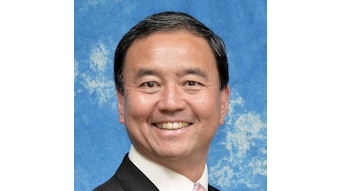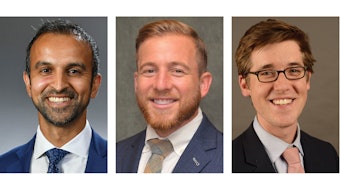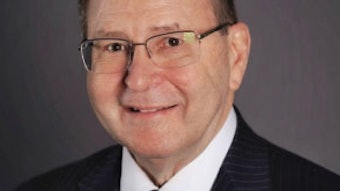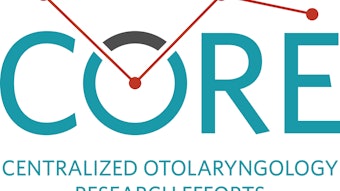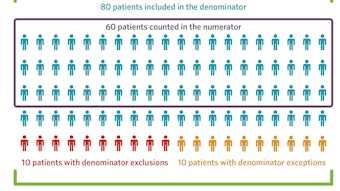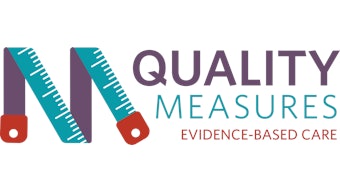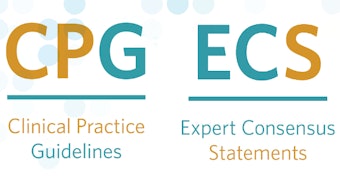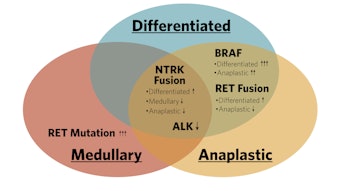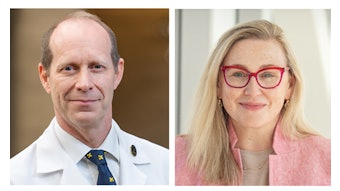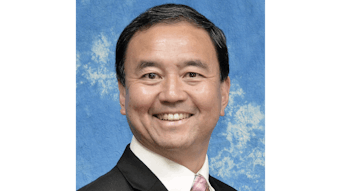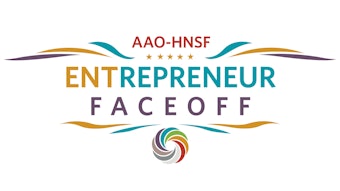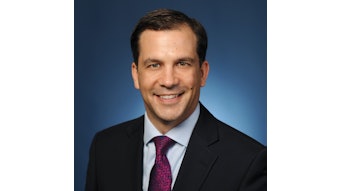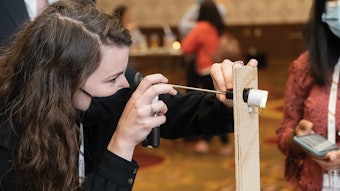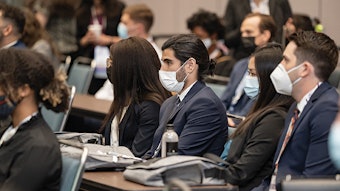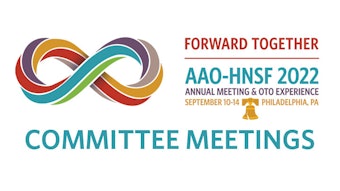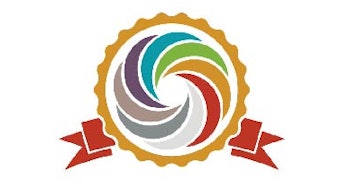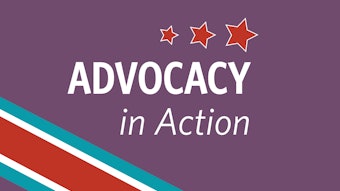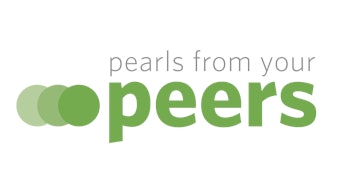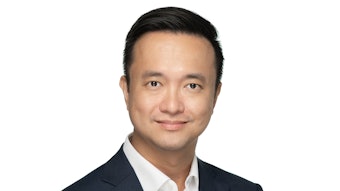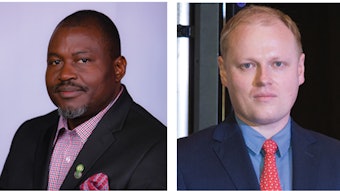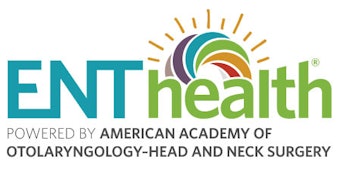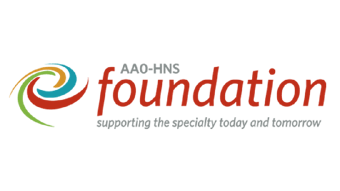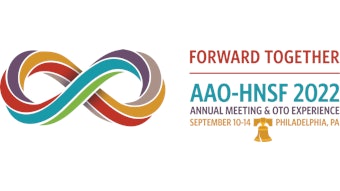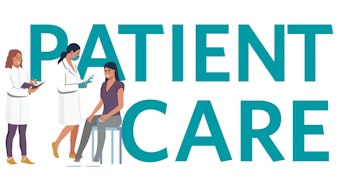AAO-HNSF Humanitarian Travel Grant: Medical Outreach Trip to Kigali, Rwanda
Gaelen Stanford-Moore, MD, MPhil
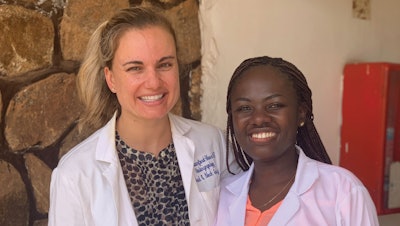 Gaelen B. Stanford-Moore, MD, MPhil (left), University of California, San Francisco Department of Otolaryngology, Head and Neck Surgery.
Gaelen B. Stanford-Moore, MD, MPhil (left), University of California, San Francisco Department of Otolaryngology, Head and Neck Surgery.
Rwanda is an East-African nation of 13 million people described by the World Bank as a low-income country. CMF trauma care is primarily performed at three tertiary referral centers by only a few surgeons. We aimed to characterize the risk factors for delay in management of CMF trauma patients and how this may impact complication rates. CMF trauma comprises a significant portion of global surgical disease burden, disproportionally impacting low and middle-income countries where care is often delayed. Additionally, transportation in these countries is more often by motorbike, and there is limited public health infrastructure for helmet laws and speed limits. CMF trauma more commonly affects young people (ages 21-30), which has a significant impact on the health and workforce of many low-to-middle income countries. The high rates of morbidity, such as permanent mental and physical disabilities, can have vast socioeconomic impact on communities.
It was enlightening to find that many of the delays to care for traumatic patients were not due to delays in patient arrival to the hospital—the majority of patients presented within three days of injury. Rather, once at the hospital, limitations in operating room availability, surgeon availability,—there is only one trauma surgeon at each of the hospitals—and necessary supplies led to prolonged treatment delays. We found these delays were correlated with increased complication rates. Our manuscript titled, “Effect of Delay of Care for Patients with Craniomaxillofacial Trauma in Rwanda,” has been published by OTO Open, the AAO-HNSF open access journal.
Over the course of my time in Rwanda, I gave various didactic lectures and designed and implemented the following three laboratory practical sessions: basic surgical skills, head and neck ultrasound course, and airway foreign body retrieval. While these education sessions were borne out of learning objectives for the residents, much of my own learning came from understanding how to provide culturally competent care in a setting where basic otolaryngology supplies are far and few between.
I am grateful to my Rwandan colleagues, my mentor and academy member David A. Shaye, MD, and the AAO-HNSF for supporting these efforts as we attempt to increase access to safe otolaryngologic surgical care worldwide.
